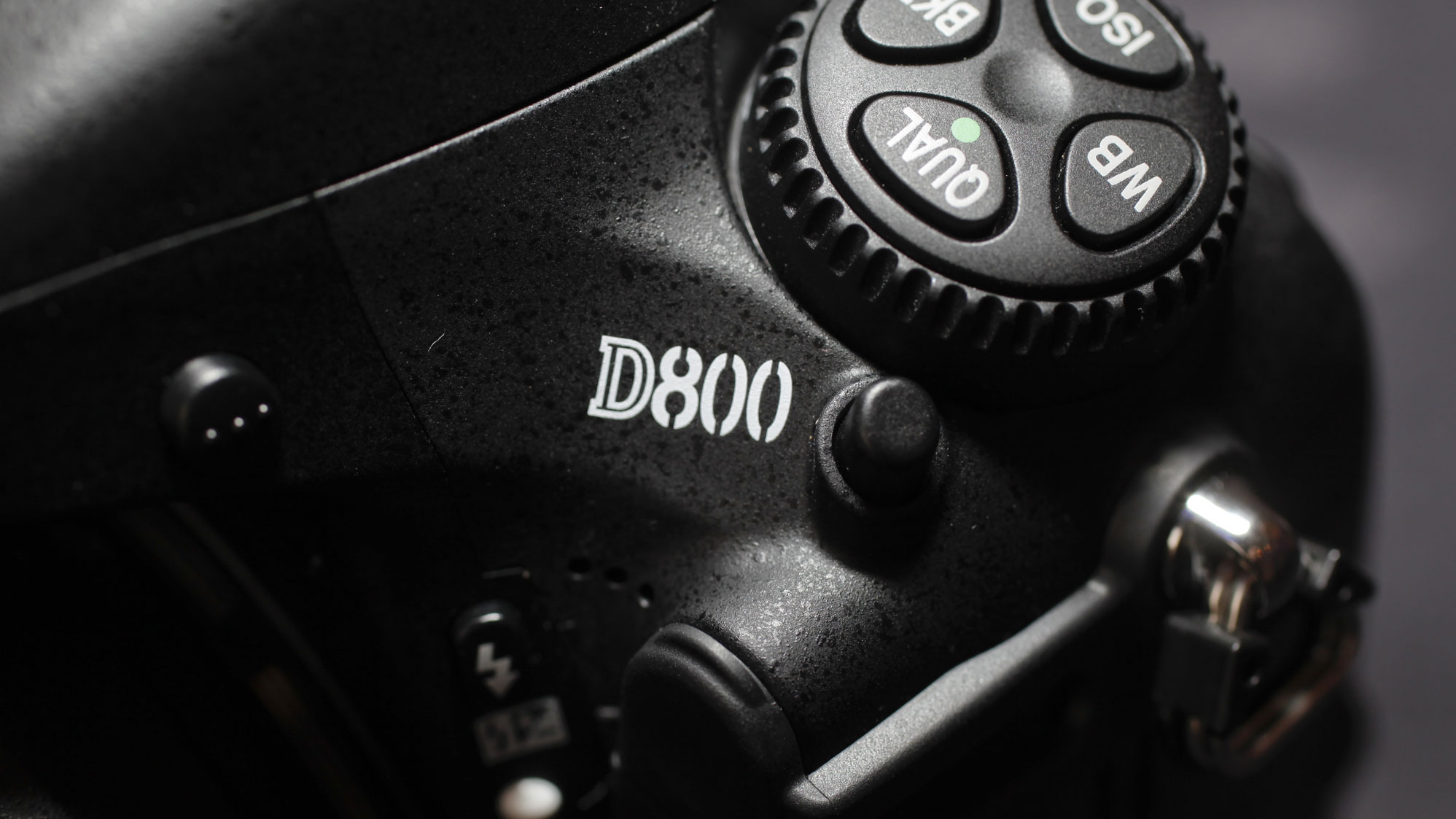Why you can trust TechRadar
It's great to find that the D800 isn't just a triumph of numbers, and that the 35.3Mp sensor actually delivers on its promise – capturing bags of detail. The surprise bonus is that noise is actually pretty well controlled and the dynamic range is very impressive.
For those interested in stepping up to a full-frame camera, the D800 represents a good investment. You get pretty much all of the best features of the D4 in a more compact and lighter body, with a much higher pixel count for just shy of half of the price.
We liked
Many images are suitable for making superb A2 prints straight from the camera or with a minimal amount of adjustment.
We disliked
Sport and action photographers will find that the large file size limits the continuous shooting rate and burst depth in comparison with the Nikon D700, Canon 5D Mark III and Nikon D4 - although these can be boosted by selecting DX format images and the battery-grip.
Understandably, the signal to noise ratio is a little lower than from some competing cameras with lower pixel counts.
Final verdict
Many see the Canon EOS 5D Mark III as the D800's natural competitor. While the average serious enthusiast is likely to think long and hard about switching manufacturer, professional photographers are less loyal and will go with whichever option works best for them.
The D800 will be very attractive to photographers who need a comparatively light camera that is capable of capturing a lot of detail and producing large prints. As it is an especially good choice for those who shoot in normal or daylight conditions or at low sensitivities, we think the D800, or perhaps the D800E, will be a big hit with landscape and studio photographers.
Meanwhile the Canon EOS 5D Mark III is perhaps a bit of an all-rounder that will appeal to enthusiast photographers who want to shoot a range of subjects in lots of different conditions.
Given the level of detail that the D800 can capture and its impressive dynamic range there may be a few studio and landscape photographers who will choose it instead of a bulkier, heavier, slower and more expensive medium format camera.
It's clear that the D800 is an excellent and very capable camera. The metering, white balance and autofocus systems all deliver the goods and the image quality is superb at the lower sensitivity settings. While we'd love to see a couple of niceties such as the rating option and more flexible HDR system found on the Canon 5D Mark III, we find Nikon's AF point selection options clearer in continuous AF mode.
Although the D800 can't quite match some of its competitors for signal to noise ratio at the lower sensitivity settings, it comes close and the much larger images have an impressive dynamic range.
Nikon has managed to produce a camera that delivers exactly what many enthusiast and pro photographers want.
